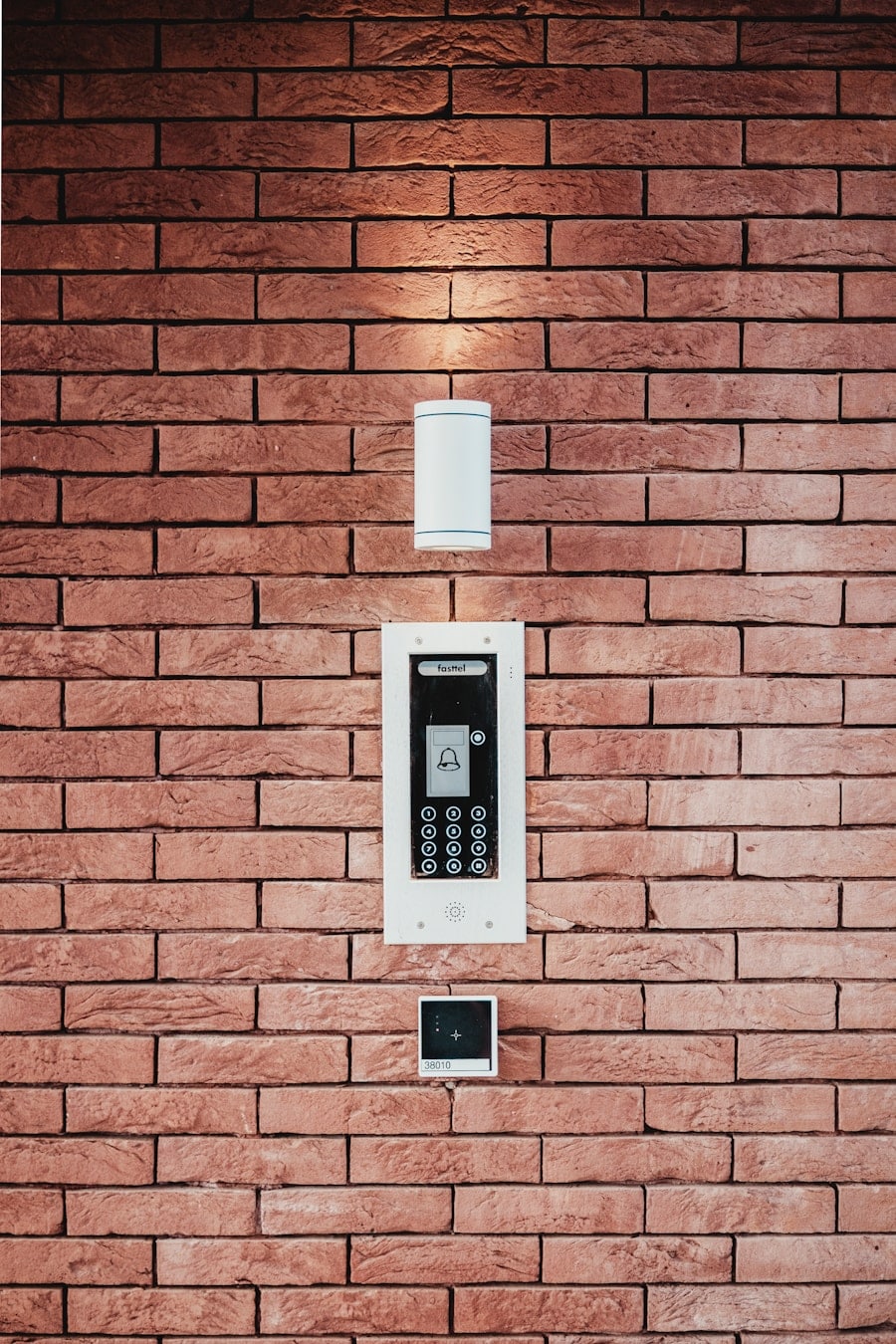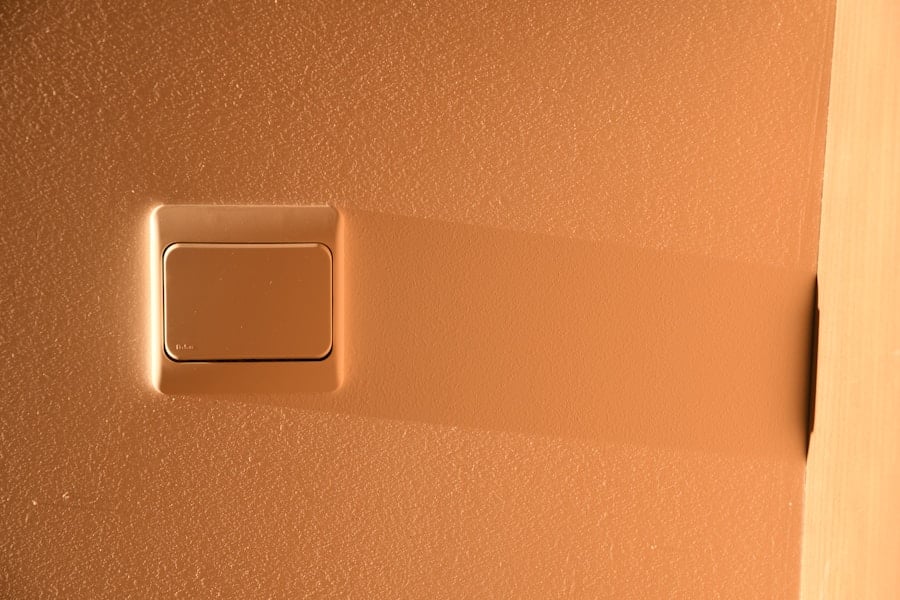The advent of smart technology has revolutionized various sectors, and home energy distribution is no exception. Smart sensors, which are devices equipped with advanced capabilities to collect, analyze, and transmit data, have emerged as pivotal components in the quest for efficient energy management within residential settings. These sensors are designed to monitor various parameters such as temperature, humidity, and energy consumption in real-time, providing homeowners with invaluable insights into their energy usage patterns.
By integrating smart sensors into home energy systems, individuals can not only enhance their comfort but also contribute to broader sustainability goals. The integration of smart sensors into home energy distribution systems marks a significant shift from traditional energy management practices. Historically, homeowners relied on manual methods to monitor and control their energy consumption, often leading to inefficiencies and higher costs.
With the introduction of smart sensors, the landscape has changed dramatically. These devices enable a more proactive approach to energy management, allowing users to make informed decisions based on real-time data. As the world increasingly focuses on reducing carbon footprints and promoting energy efficiency, the role of smart sensors in home energy distribution becomes ever more critical.
Key Takeaways
- Smart sensors play a crucial role in monitoring and optimizing energy usage in home energy distribution systems.
- They help identify energy waste and inefficiencies by providing real-time data on energy consumption and usage patterns.
- Smart sensors contribute to energy conservation and cost savings by enabling homeowners to make informed decisions about their energy usage.
- Integrating smart sensors with home automation systems can further optimize energy distribution and improve overall energy efficiency.
- The future of smart sensors in home energy management holds great potential for enhancing energy conservation and reducing costs, despite potential challenges and limitations.
The Role of Smart Sensors in Monitoring Energy Usage
Understanding Energy Consumption Habits
Smart sensors empower homeowners to understand their energy consumption habits better by collecting data on energy usage at different times of the day or during specific activities. For instance, a smart sensor connected to a refrigerator can provide information about its energy usage during peak hours versus off-peak hours, allowing homeowners to adjust their usage accordingly.
Visualizing Energy Consumption Data
The data collected by smart sensors can be visualized through user-friendly applications or dashboards, helping homeowners identify trends and anomalies in their energy consumption. This visualization enables homeowners to make informed decisions about their energy usage.
Enhancing Energy Awareness and Responsibility
Smart sensors can detect unexpected spikes in energy usage during a particular time frame, alerting homeowners to investigate potential issues such as malfunctioning appliances or inefficient heating systems. This level of monitoring not only enhances awareness but also encourages more responsible energy consumption behaviors.
How Smart Sensors Help Identify Energy Waste and Inefficiencies

One of the most significant advantages of smart sensors is their ability to identify energy waste and inefficiencies within a home. Traditional energy monitoring methods often fail to provide the granularity needed to pinpoint specific areas of concern. In contrast, smart sensors can detect subtle variations in energy consumption that may indicate inefficiencies.
For example, a smart thermostat equipped with sensors can learn a household’s heating and cooling patterns over time. If it notices that the HVAC system is running excessively during times when no one is home, it can suggest adjustments or even automate temperature settings to reduce unnecessary energy expenditure. Additionally, smart sensors can facilitate the identification of outdated or malfunctioning appliances that consume more energy than necessary.
For instance, if a washing machine consistently draws more power than similar models, it may be time for an upgrade or repair. By providing actionable insights into appliance performance, smart sensors enable homeowners to make informed decisions about repairs or replacements, ultimately leading to reduced energy waste and lower utility bills.
The Impact of Smart Sensors on Energy Conservation and Cost Savings
The implementation of smart sensors in home energy distribution has profound implications for energy conservation and cost savings. By providing real-time data on energy consumption and identifying inefficiencies, these devices empower homeowners to take control of their energy usage. For instance, a family that receives alerts about high energy consumption during peak hours can adjust their habits by running appliances during off-peak times when electricity rates are lower.
This simple change can lead to significant savings on monthly utility bills. Moreover, the long-term impact of adopting smart sensors extends beyond immediate cost savings. As homeowners become more aware of their energy consumption patterns, they are likely to adopt more sustainable practices that contribute to overall energy conservation.
For example, families may invest in energy-efficient appliances or consider renewable energy sources such as solar panels after realizing the potential for savings highlighted by their smart sensors. This shift not only benefits individual households but also contributes to broader efforts aimed at reducing overall energy demand and minimizing environmental impact.
Integrating Smart Sensors with Home Automation Systems for Optimal Energy Distribution
The true potential of smart sensors is realized when they are integrated with home automation systems. This integration allows for seamless communication between various devices within a home, enabling automated responses based on real-time data collected by smart sensors. For instance, a smart sensor detecting that no one is home can communicate with the HVAC system to adjust the temperature accordingly, ensuring that energy is not wasted on heating or cooling an empty house.
Furthermore, integrating smart sensors with home automation systems enhances user convenience and comfort. Homeowners can set preferences for their devices through mobile applications or voice-activated assistants, allowing for personalized control over their home environment. For example, a homeowner could program their lighting system to dim automatically when they start watching a movie, while simultaneously adjusting the thermostat for optimal comfort.
This level of integration not only optimizes energy distribution but also enhances the overall living experience.
The Future of Smart Sensors in Home Energy Management

As technology continues to evolve, the future of smart sensors in home energy management looks promising. Innovations in artificial intelligence (AI) and machine learning are expected to enhance the capabilities of these devices further. For instance, future smart sensors may be able to predict energy consumption patterns based on historical data and external factors such as weather forecasts.
This predictive capability could enable homeowners to optimize their energy usage proactively rather than reactively. Additionally, advancements in connectivity technologies such as 5G will likely improve the performance of smart sensors by enabling faster data transmission and more reliable communication between devices. This enhanced connectivity will facilitate real-time monitoring and control of home energy systems from anywhere in the world.
Homeowners could receive alerts about unusual energy consumption while on vacation and take immediate action through their smartphones or other connected devices.
Potential Challenges and Limitations of Smart Sensors in Home Energy Distribution
Despite the numerous benefits associated with smart sensors in home energy distribution, several challenges and limitations must be addressed for widespread adoption. One significant concern is data privacy and security.
Homeowners must be educated about securing their devices and networks to mitigate these risks effectively. Another challenge lies in the initial cost of implementing smart sensor technology. While many homeowners may recognize the long-term savings associated with reduced energy consumption, the upfront investment required for purchasing and installing these devices can be a barrier for some individuals.
The Benefits and Opportunities of Smart Sensors in Optimizing Home Energy Distribution
The integration of smart sensors into home energy distribution systems presents a transformative opportunity for homeowners seeking to optimize their energy usage while contributing to sustainability efforts. By providing real-time monitoring and actionable insights into energy consumption patterns, these devices empower individuals to make informed decisions that lead to significant cost savings and reduced environmental impact. As technology continues to advance, the potential for smart sensors will only grow, paving the way for smarter homes that prioritize efficiency and sustainability.
In summary, while challenges such as data security concerns and initial costs exist, the benefits offered by smart sensors far outweigh these limitations. The future of home energy management is undoubtedly intertwined with the evolution of smart sensor technology, promising a more efficient and sustainable approach to how we consume energy in our homes.
Smart sensors are revolutionizing the way we manage energy consumption in our homes, as discussed in the article “How Smart Sensors Are Optimizing Home Energy Distribution.” Another interesting read on the topic of optimizing home efficiency is the article “The Best Software for Interior Design in 2023,” which explores how technology can enhance the design and functionality of our living spaces. By utilizing innovative software solutions, homeowners can create more energy-efficient and aesthetically pleasing environments.
FAQs
What are smart sensors in the context of home energy distribution?
Smart sensors are devices that are able to monitor and measure energy usage within a home. They can track the consumption of electricity, gas, and water, and provide real-time data to homeowners and utility companies.
How do smart sensors optimize home energy distribution?
Smart sensors optimize home energy distribution by providing insights into energy usage patterns, identifying areas of inefficiency, and enabling homeowners to make informed decisions about their energy consumption. This can lead to reduced energy waste and lower utility bills.
What are the benefits of using smart sensors for home energy distribution?
Some benefits of using smart sensors for home energy distribution include increased energy efficiency, cost savings on utility bills, and the ability to identify and address potential issues with home appliances or systems that may be consuming excessive energy.
How do smart sensors communicate with other home energy systems?
Smart sensors can communicate with other home energy systems through wireless technologies such as Wi-Fi, Bluetooth, or Zigbee. This allows them to integrate with smart home devices, energy management systems, and utility company networks for seamless data sharing and control.
Are there any privacy or security concerns associated with using smart sensors for home energy distribution?
Privacy and security concerns may arise with the use of smart sensors for home energy distribution, as they collect and transmit data about a household’s energy usage. It is important for homeowners to ensure that their smart sensor systems are secure and that their data is protected from unauthorized access.

